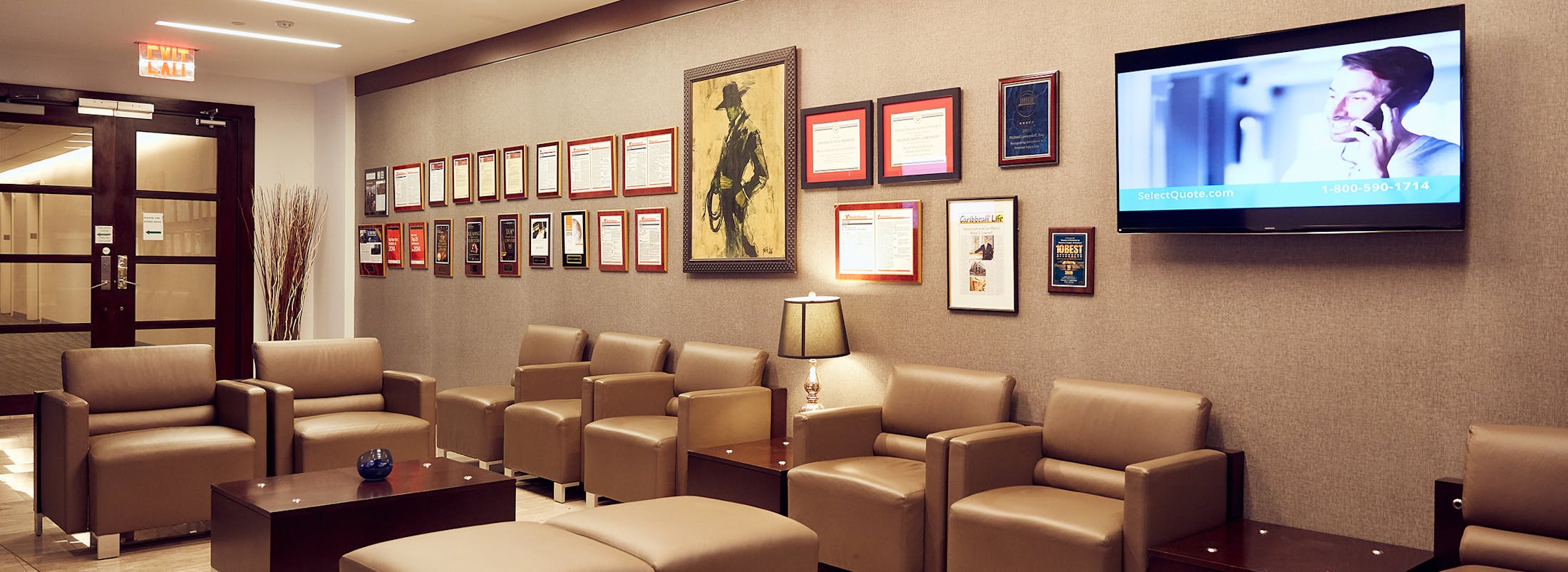Is Premises Liability a Tort?
Premises liability is a legal doctrine under which the owner or occupier of a property can be held financially responsible for torts that occur on their premises. A tort – as defined by English tort law – is a civil wrongdoing that leads to legal liability.
In other words, if and when a tort occurs on someone’s property, the owner or occupier can be held liable under the principle of premises liability. The tort in question could be a slip and fall accident, a dog bite attack, or any other type of accident that results in injuries or deaths.
What are the Most Common Types of Premises Liability Accidents?
The most common types of accidents that can lead to a premises liability claim include:
- Slip and fall accidents
- Elevator and escalator accidents
- Ceiling collapse accidents
- Defective stairway accidents
- Swimming pool accidents
- Amusement park accidents
- Parking lot accidents
- Dog bite attacks
- Fires
- Accidents involving toxic fumes and chemicals
What Are the Most Common Causes of Premises Liability Accidents?
- Hazardous conditions on the property (ranging from snow and ice buildup to slippery floor surface, loose or broken floorboards, large cracks or holes on the floor or sidewalk, and so on)
- Inadequate lighting
- Faulty wiring
- Water leaks
- Inadequate security
- Lack of proper maintenance and repair (applicable to elevators, escalators, stairways, joyrides, trampolines, and other structures or electrical and mechanical devices that visitors might use or come into contact with)
- Failing to safely store chemicals, construction supplies, and other materials that can be harmful to health or can lead to accidents
- Lack of emergency exit doors
- The presence of aggressive dogs and other animals on the property
Whom Does a New York Property Owner Owe a Duty of Care To?
According to the legal doctrine of premises liability, the owner or occupier of a property owes a duty of care to invitees and licensees. Invitees are people who visit the property to have a commercial transaction with the owner or to do something that might benefit the interests of the owner. Licensees, on the other hand, are people who visit the property for their own benefit and for non-commercial reasons.
Generally, a property owner or occupier does not owe a duty of care towards trespassers who enter the property without their express or implied consent or knowledge. In relation to this, if the property in question contains objects, devices, or conditions that might attract children, the owner or occupier needs to take steps to keep their property free of hazardous conditions. Otherwise, if a child trespasses into the property and gets injured, the owner or occupier might be held liable.
Choose the Most Trusted Premises Liability Lawyers in New York
Premises liability claims can be more complicated than other types of tort claims and require the expertise of an experienced and knowledgeable injury attorney. The premise liability lawyers in New York at the Law Offices of Michael S. Lamonsoff have a track record of resolving highly complex premises liability claims and have recovered millions for our clients in settlements and jury awards.
Led by Michael S. Lamonsoff – an award-winning civil litigator and a member of the prestigious Multi-Million Dollar Advocates Forum – our team is prepared to fight aggressively to get you the compensation you deserve. Call us today at 212-962-1020 or get in touch with us online and schedule a free consultation with one of our top-rated premises liability attorneys.

